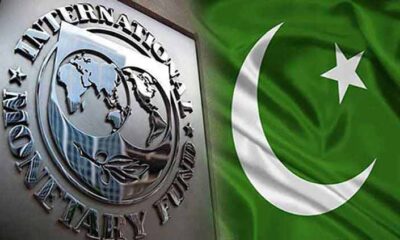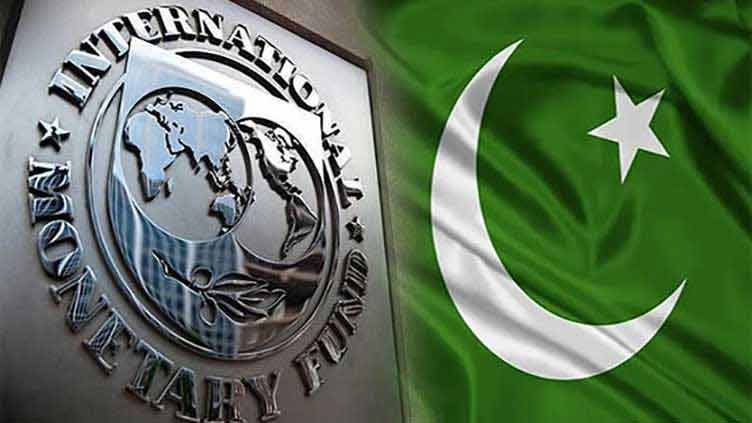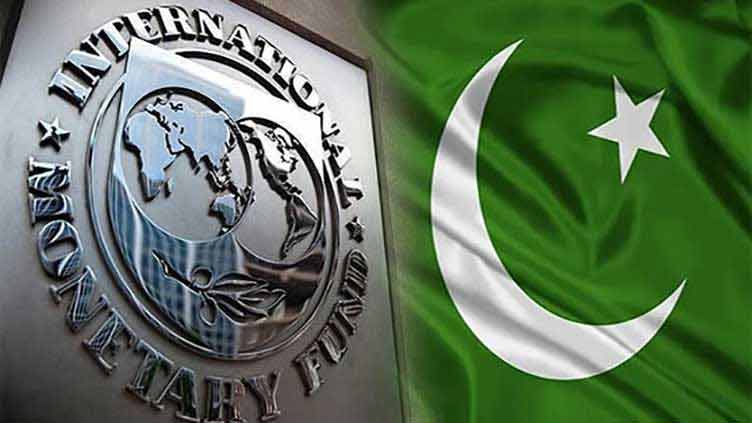ISLAMABAD: The Federal Board of Revenue (FBR) is mulling options to reduce the duty on mobile phones in the federal budget for the fiscal year 2023-24 — which is expected to be unveiled on June 9 — keeping in view the suggestions of Pakistan Mobile Phone Traders, The News reported Monday.
Previously, the government was obliged to raise the duty on mobile phones by 100% to 150%, and resultantly, only Rs5 billion to Rs10 billion were being deposited in the national exchequer instead of Rs85 billion.
The number of mobile phone users in Pakistan has exceeded 186.9 million.
In order to cope with the financial crisis of the current financial year, in the new budget, a proposal for a conspicuous reduction in the rates of duties on cellular phones is under consideration, which is about 100% to 150% at present on small and big mobile phones.
The mobile industry is on the brink of collapse due to an increase in taxes. It not only affected traders but also made the life of millions of people difficult to earn a livelihood.
It has been learnt that a delegation of the Mobile Phones Traders Association has given recommendations to Finance Minister Ishaq Dar and other senior officials.
The delegation ensured that efforts would be made to include the recommendations in the budget. These proposals and recommendations are being reviewed to make them a part of the new budget.
It has been learnt that a 75% duty was imposed on cellular phones in Pakistan as compared to other countries of the region like Singapore, Bangladesh and Turkey where it is not at that level. That is the reason people are using smartphones without paying duties in connivance with FBR.
The additional 100% to 150% duty on cell phones has made it out of reach of the poor, labourers, daily wagers, students, professionals, the lawyer community, and civil society.
All Pakistan Mobile Phones Traders Association General Secretary Munir Beg Mirza said that due to the ban on the import of used mobile phones, smuggling has increased to give favour to a few companies.
Also, people are using smartphones illegally without paying heavy taxes to enjoy all functions of smartphones, which is inflicting a loss on the national kitty.
He said that not only every consumer would pay tax but also the government would get Rs100 billion instead of Rs5 billion on phones if an appropriate duty was imposed in the new financial year.

 Latest News2 days ago
Latest News2 days ago
 Latest News3 days ago
Latest News3 days ago
 Latest News3 days ago
Latest News3 days ago
 Latest News3 days ago
Latest News3 days ago
 Latest News3 days ago
Latest News3 days ago
 Latest News3 days ago
Latest News3 days ago
 Business3 days ago
Business3 days ago
 Latest News3 days ago
Latest News3 days ago























